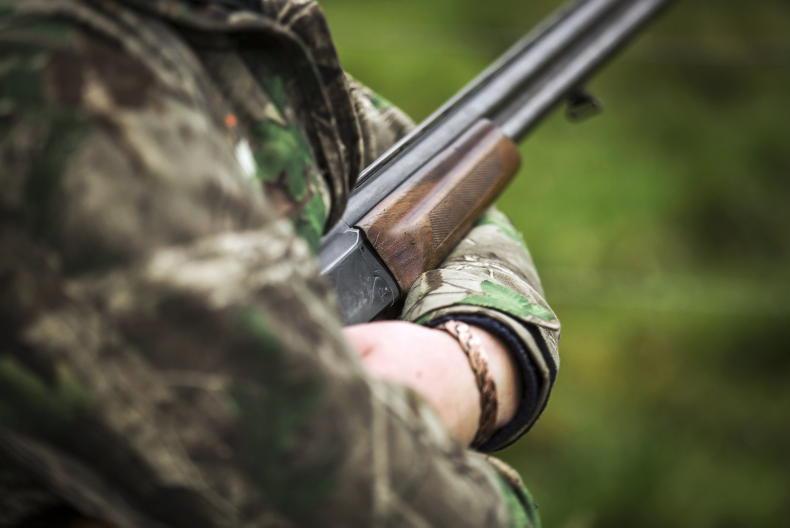With only a week to the beginning of the shooting season, there is no clarity as to where lead shot use is prohibited and where it is permitted.
With duck hunting commencing on 1 September, the National Association of Regional Game Councils (NARGC) is hugely concerned at the lack of preparation.
“We met with Minister Malcolm Noonan last year, and were promised a follow-up meeting by last October,” said NARCG president John Butler. “The new legislation prohibiting the use of lead shot in wetlands came into law in February of this year, but Minister Noonan has still not sat down with us, or provided any clarity as to where the prohibited wetland areas are.”
Butler has a range of concerns.
“Enforcement agency personnel have received no guidance or training that we are aware of. Are they going to be challenging licensed gun owners as to the shot they are using?
“Ducks tend to be found close to rivers, but we don’t know which river, lake or pond areas are designated as wetland.” Butler is also calling for a public information campaign as a matter of urgency.
“Gun owners need support and guidance as to best practice for alternatives to leadshot,” he said.
Bismuth cartridges are much more expensive, but behave in a similar way to lead cartridges.
Extreme caution
Experts say steel shot is priced more closely to existing ammunition, but extreme caution needs to be observed when using it.
It is much harder, and could ricochet where lead shot would fall harmlessly on impact with a tree or solid object.
Steel shot can penetrate trees, causing disease and destroying chainsaws when harvesting timber.
The NARGC has concerns around availability of non-lead shot, and more seriously, about suitability of existing guns for the different options that exist.
“We would urge all gun owners to get advice from a gunsmith as to the capacity of their gun to use regular, high-performance or super velocity steel shot,” said Butler, repeating his call for urgent engagement and leadership from Minister Noonan.






 This is a subscriber-only article
This is a subscriber-only article











SHARING OPTIONS: